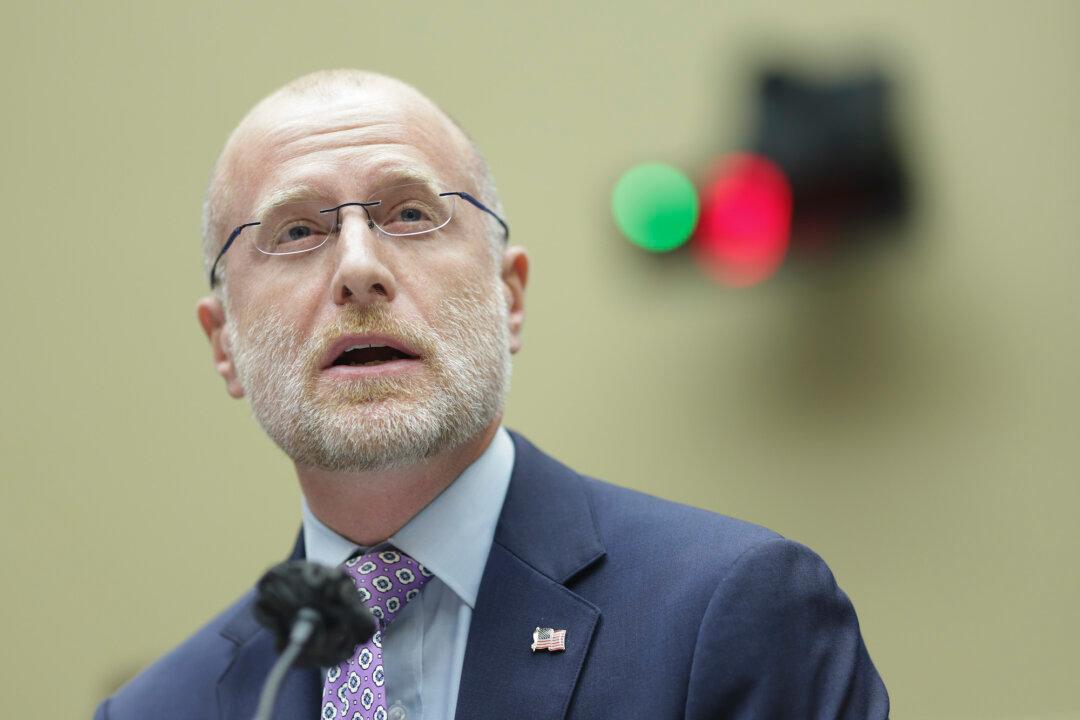Brendan Carr, commissioner of the U.S. Federal Communications Commission (FCC), is visiting Taiwan this week to discuss cybersecurity cooperation, making him the first sitting FCC member to visit the self-ruled island.
In an interview with Axios, Carr said that he will meet with officials from Taiwan’s Foreign Ministry and National Communications Commission, citing the importance of Taiwan’s chip industry to U.S. economic growth.





